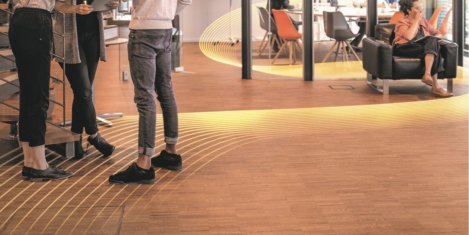August 25, 2022
Friendly colleagues make an organisation a good place to work, poll claims
 A new poll by HR and payroll software provider Ciphr suggests that most people (85 percent) can name at least three positive aspects that make the company that employs them a good place to work. ‘Good people / friendly employees’ was the top pick for two-fifths (40 percent) of the 1,006 British workers polled, with a further third citing good pay and job security (35 percent and 34 percent respectively). Having a supportive manager is the fourth most important consideration for around a quarter of respondents, followed by a good employee benefits package (27 percent and 24 percent respectively). More →
A new poll by HR and payroll software provider Ciphr suggests that most people (85 percent) can name at least three positive aspects that make the company that employs them a good place to work. ‘Good people / friendly employees’ was the top pick for two-fifths (40 percent) of the 1,006 British workers polled, with a further third citing good pay and job security (35 percent and 34 percent respectively). Having a supportive manager is the fourth most important consideration for around a quarter of respondents, followed by a good employee benefits package (27 percent and 24 percent respectively). More →



































August 23, 2022
Firms need a better understanding of their psychological contract with employees
by Anthony Thompson • Comment, Workplace